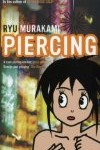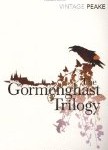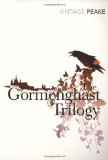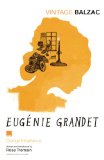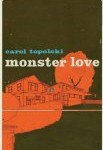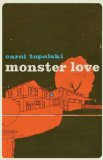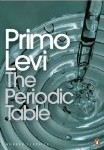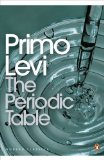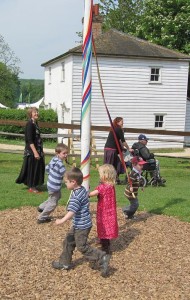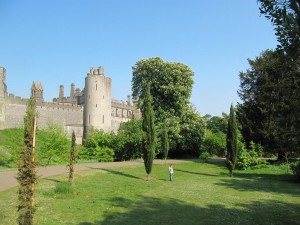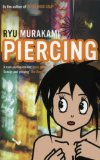 Translated from the Japanese by Ralph McCarthy
Translated from the Japanese by Ralph McCarthy
Five words from the blurb: ice pick, confront, demons, psychosexual, murder
Piercing is a dark, fast paced thriller set in Tokyo. The book begins with Kawashima, a new father, stroking his daughter’s skin with an ice pick. He has a strong desire to cut her tiny body, but knows this is wrong. In order to prevent himself from murdering his baby he decides that he should redirect his longing to cut flesh by targeting an older woman. As he plans his crime we get an insight into the terrifying mind of a psychopath.
Gripping the ice pick lightly to minimise trembling, he placed the point of it next to the baby’s cheek. Every time he studied this instrument, with its slender, gleaming steel rod that tapered down to such needle-like sharpness, he wondered why it was necessary to have things like this in the world. If it were truly only for chopping ice, you’d think a completely different design might do. The people who produce and sell things like this don’t understand, he thought. They don’t realise that some of us break out in a cold sweat at just a glimpse of that shiny, pointed tip.
This book was totally gripping – I read it in a single, terrifying sitting. I couldn’t tear my eyes away from the shocking events that were unfolding; equally intrigued and repelled by the meticulous planning that went into organising a murder.
This book doesn’t have any deep insight or complexity – it is pure entertainment. The plot drags you forward with an ever increasing sense of dread and although the graphic scenes of violence were just understated enough for me to be able to cope, I’m sure that some people will struggle with a few sections.
Recommended to anyone looking for a chilling thriller.

.
This is my first Ryu Murakami, but I am keen to try more. Have you read any of his books?
Which is your favourite?
